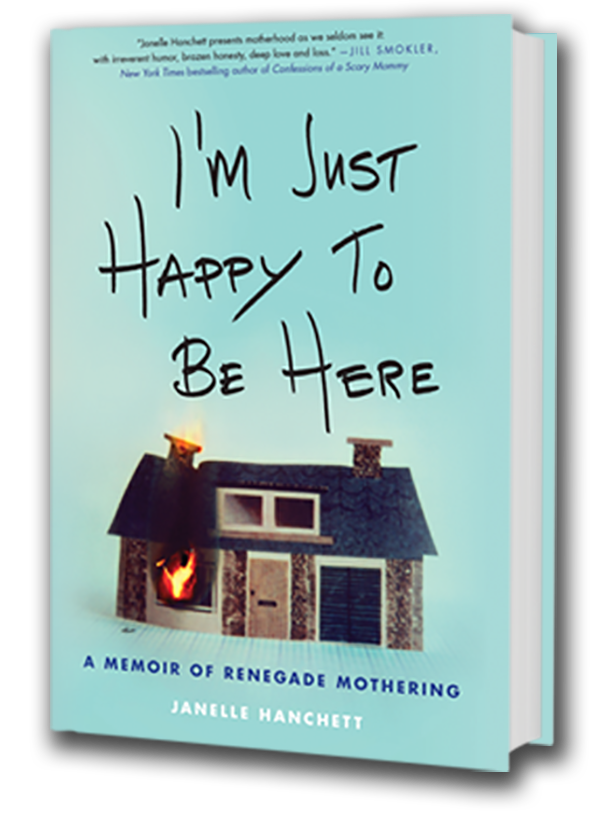Weekend Intensives
Brand new weekend intensives. Study one subject in depth.
In my six-week workshops we often encounter topics that we seem to want to discuss forever. The hour allows us enough time to achieve quite a bit of depth, but some topics lend themselves to more hands-on work, extensive feedback and discussion.
So I grabbed all those topics and created a new workshop series. 2.5 hours on the first Sunday of every month from January through August. You can sign up for one, a few, or all of them.
These workshops allow you to select only the topics you would like to study in more depth, or you can sign up for the entire series, which I created as a sort of 8-month mentoring program. Here’s how:
- You’ll start each month with a 2.5-hour workshop to get you refocused on writing.
- You’ll be a member of a private Facebook group where we will keep each other accountable and you’ll be invited regularly to share your work, respond to others, etc.
- Online writing sessions twice a month.
Or, if 8 months is too much of a commitment, pick and choose.
Every workshop allows the time we need to go more deeply into each topic and have opportunities for discussion, questions, and breakout rooms for workshopping writing.
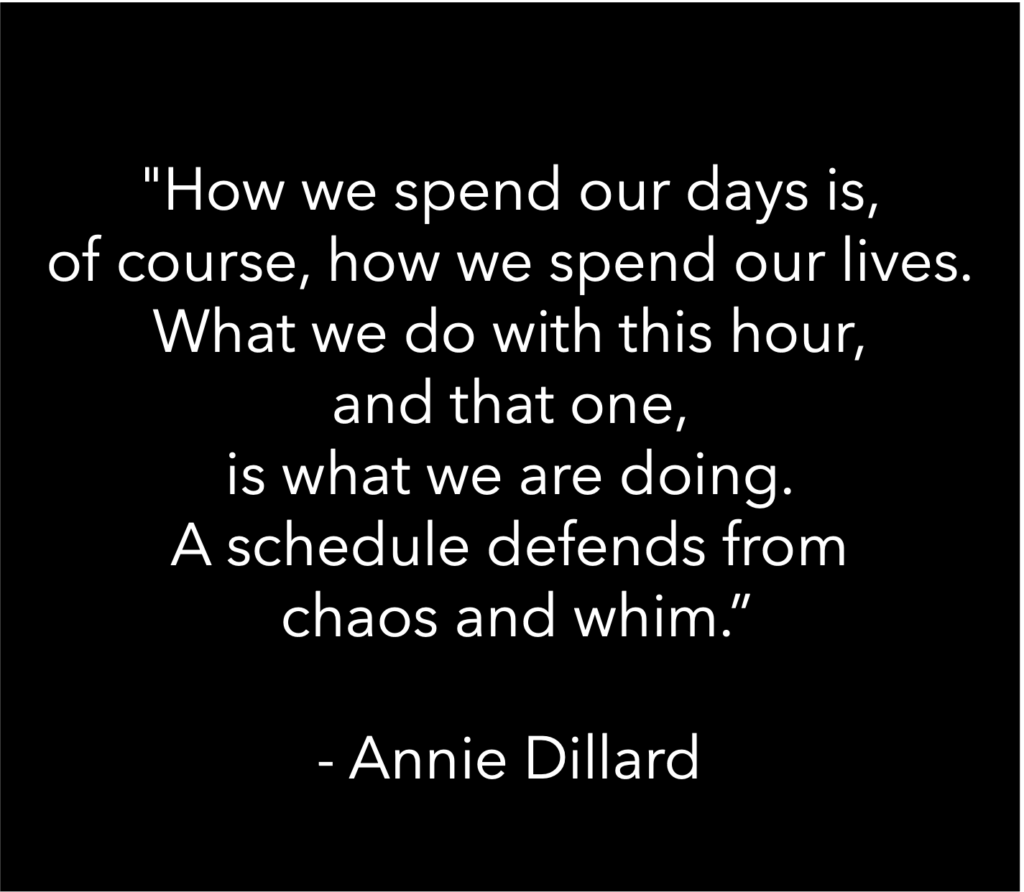 Why does the term “breakout room” hurt my soul a little? I think I’m having flashbacks to beige Marriott conference rooms and corporate bonding.
Why does the term “breakout room” hurt my soul a little? I think I’m having flashbacks to beige Marriott conference rooms and corporate bonding.
I’m excited about this. Nerd-level excitement. Almost as excited as when I have a blank Japanese notebook in my hand.
I apologize for exaggerating.
For each workshop, we’ll meet online (Zoom or GoToMeeting) from 10-12:30am PST/1-3:30pm EST. Dates are listed below, but as I said, it’s the first Sunday of each month January – August.
- Recordings will be made available afterward for download.
- You can buy the whole series upfront for €1150, or subscribe to a monthly or 3-month payment cycle. It’s €150/month or €400 every three months. If you did the math, yes, it saves you €50 to buy them all.
- You can also purchase a single workshop individually through the links below.
- Enrollment is capped at 15.
- In four workshops I will provide feedback on your writing. This will be completed and returned to you within one week of the workshop. (If you buy them individually, the feedback is the reason for the price difference.)
Bonus! (Anyone else getting infomercial vibes?)
When you sign up for the series, you can attend a 1-hour mini-workshop on fear and writing. How do we write even though we’re afraid? How do we determine legitimate fears from illegitimate ones? How can we show up as ourselves without using fear as the director of our creative choices? This will be held on: Tuesday, March 8 at 10am PST/1pm EST.
Note: If you’ve taken my 6-week workshops before, why would you also take these? Good question. So glad you asked. Brief answers follow, but always feel free to email me with questions:
- More depth to the discussion
- New examples and sources
- Hands-on work. As in, you will receive prompts, write, and receive feedback just on that topic so you really come away with clarity on a very personalized basis.
Alright, here we go:
Identifying and Enhancing Your Unique Voice
Aristotle’s Beginning, Middle, and End–BUT WHAT ELSE? On the architecture of storytelling.
Okay but what makes writing sound GOOD? (Rhythm, diction, “rules” to ignore or acknowledge)
Dialogue: What is it? What are the keys to doing it well?
Creating characters we love, even when we hate them
Identifying and Enhancing Your Voice
Sunday, January 8 (10am PST / 1pm EST)
Have you ever noticed how some writers can write about a trip to the grocery store and it’s somehow fascinating?
It’s voice. They’ve got a voice that is in itself compelling.
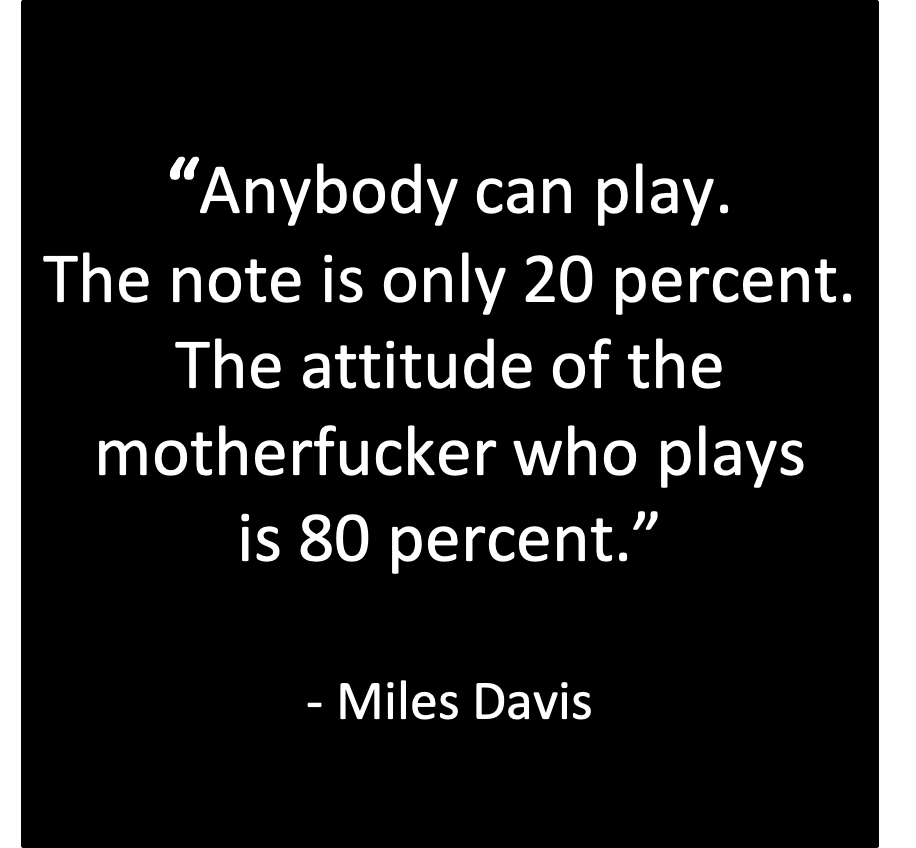 Or, perhaps you’ve wondered Why am I funny/interesting/clever/life-changing in person but boring on the page? As if part of your personality makes it onto the devil blank space but the rest drifts away, mocking you, like a dream you once had.
Or, perhaps you’ve wondered Why am I funny/interesting/clever/life-changing in person but boring on the page? As if part of your personality makes it onto the devil blank space but the rest drifts away, mocking you, like a dream you once had.
Not to be dramatic.
I can tell you my whole career was built upon voice. I actually got an agent from it. I’ll tell you that story. I’ll tell you how I “found” my voice, maintain trust in it (a constant process), and recognize what blocks it.
We’ll define “voice,” of course, because truly, what the hell is it? We’ll examine the voices of different writers, discuss and analyze what exactly they’re doing to create that style and personality. You’ll examine your taste and get some clarity on how you show up on the page, uniquely.
Through guided prompts and feedback, you’ll receive insight into your voice, and tangible suggestions for how to increase its clarity. But mostly we’ll examine how to get yourself in all your weird and wonderful glory onto the page of broken dreams.
You’ll submit a short excerpt of your writing and I’ll provide you with written feedback on your strengths and suggested areas of focus (I am very nice. This is not scary.)
Buy just this workshop:
Aristotle’s Beginning, Middle, and End–BUT WHAT ELSE?
On the architecture of storytelling.
Sunday, February 5 (10am PST / 1pm EST)
Right, cool, thanks. There’s a beginning, middle, end, and a bunch of things happen and there’s a character and plot and a story, which is apparently different from the plot and–eventually this means something.
We’ll talk about the architecture of storytelling. The main elements. What we want is unity between plot, story, and character. That’s the framework.
In this workshop, you’ll learn all of the above as well as the difference between expository and narrative writing, and the purpose of each, and how BOTH types of writing build that unity I mentioned.
On that topic, we’ve all heard “show don’t tell,” and hopefully we all know that hard and fast rules about writing are often bullshit. We’re looking for balance. Unless you’re Dostoevsky writing Notes From the Underground, you probably can’t get away with a novella of just your thoughts. We need a plot, damnit. TELL ME A STORY. Let’s talk about how.
Note: This is relevant to those writing narrative essays, memoir, and fiction.
Sign up for this workshop:
Okay but what makes writing sound GOOD? (Rhythm, diction, “rules” to ignore or acknowledge)
Sunday, March 5 (10am PST / 1pm EST)
Let’s talk actual language. It’s so hot. Rhythm. Sentences. Lengths, styles. Complete or incomplete.
How do we find a rhythm? Why is some writing so beautiful to the ear? What do we even mean by “rhythm?” Why does some writing sound like nails scratching an eternal chalkboard and other writers can make page-long sentences that read–beautifully? Looking at you, Virginia Woolf.
And when we think of adjectives and adverbs and the words we all argue about, what ARE we really asking? When are they necessary? What bogs down the meaning?
Our 6th grade teachers told us to “engage readers” with “description.” Now we’re being told adjectives should be used sparingly.
If we don’t use the The Rules as guides for our writing, what do we use? How do we know if something is working or not?
I will offer feedback on a 250-word excerpt of your writing, highlighting patterns I see in language, rhythm, diction, etc., and making VERY KIND suggestions.
Sign up for this workshop:
Dialogue: What is it? What are the keys to doing it well?
Sunday, April 2 (10am PST / 1pm EST)
Learn the difference between dialogue and conversation. How do we write that sweet, terse, engaging dialogue? What is the role of dialogue in narrative? Yes, it has a specific one and it isn’t awkwardly provide expository information. We’ll examine what that looks like and how to avoid it.
How much dialogue makes sense and how do you make that choice? How do you ground the dialogue in action to convey much more about the scene and character, and avoid clunky adverbs doing the expository work?
(If that sentence makes little sense to you, join this workshop! We’ll talk about it! Sorry for the exclamation points!)
We shall examine the masters. I will probably quote Bob’s Burgers alongside Sam Shepard and Toni Morrison. I don’t make the rules.
In this session you’ll practice writing dialogue and workshopping it with others, and I will also offer feedback.
Sign up for this workshop:
Characters we love even when we hate them
Sunday, May 7 (10am PST / 1pm EST)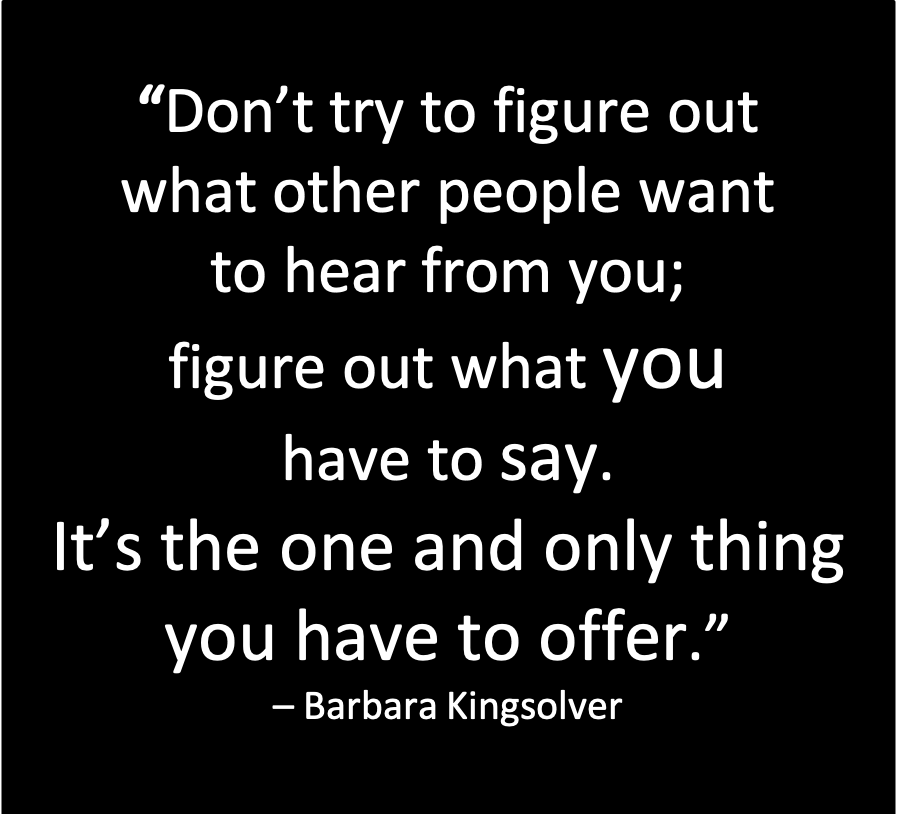
What makes a flat, one-dimensional character versus a compelling one?
What’s the difference between archetypes and stereotypes and how can the former assist us in creating and writing characters?
And yes, memoirists, I am also talking to you. You are the main character (I know, and all those other people are ALSO characters).
We will begin by defining and discussing characterization, the use of archetypes in framing characters, and what makes a character compelling, someone we will root for (even if we low-key hate them).
We will then workshop a particular character you’re working on (this can be you in your memoir). I will offer feedback as will others in the group. By the end of this workshop you will have a clearer idea of the character’s motivations, arc, and dimensions. That fucker will come to life.
Sign up for this workshop:
The Bones of an Op-Ed
Sunday, June 4 (10am PST / 1pm EST)
Alright here’s the thing: Everything you write with an opinion is going to piss somebody off. We are not, I repeat, WE ARE NOT, trying to write things that float into the world like a pleasant breeze, leaving happy Facebook faces in its path.
The only way to do that is to write something so vanilla neutral it enrages, well, me. Because why are you wasting my time with your wishy-washy non-opinion?
Figure out what you want to say, why, and to whom, get yourself situated with critical thought, research, and argumentation, and then make your damn argument. Stand by it.
In this workshop we will discuss the basics of argumentation and critical analysis of a subject.
As in: What’s the rhetorical situation of this question? What am I saying, to whom, and why, and how do I make writing choices that support that? What are potential counter-arguments? Logical fallacies? How can I have a decent chance of arguing a thing in a way that’s at least balanced and nuanced?
Or we can just jump on that Facebook podium of death and YELL SHIT. Also fun. Love that.
If not, join this. We’ll workshop a specific argument/persuasive topic you’d like to write about.
Sign up for this workshop:
Writing about Other People
Sunday, July 2 (10am PST / 1pm EST)
Writing about people we don’t care about, or who are no longer in our lives (or on the planet, may they Rest in Peace), is easy. You can see why. And don’t worry about the “getting sued” thing. Spoiler: Lawyers. Don’t publish without one.
Anyway, memoirists and essayists and fiction writers who think thinly veiled caricatures are going to mask the fact that you’re writing about your batshit cousin: Where do we end and they begin?
How do we write people fairly as opposed to shape them into what we want them to be for our own selfish ends?
Complications arise when we want to discuss difficult parts of our story that necessarily implicate or involve others, and we still care about them, perhaps have even forgiven them, maybe understanding that they were fucked up at some point but we have all grown. lol.
So let’s talk about that. I did, after all, write a memoir about addiction and recovery. A messy topic indeed. And I have written a mothering blog for over a decade. I have made a lot of mistakes and I think I’ve done some things quite well.
You’ll leave this workshop with tangible methods for deciding what to write, what crosses lines, and how to write about “them” in a way that won’t make them hate you.
Sign up for this workshop:
Creating a Sustainable Writing Practice in the Dull Reality of our 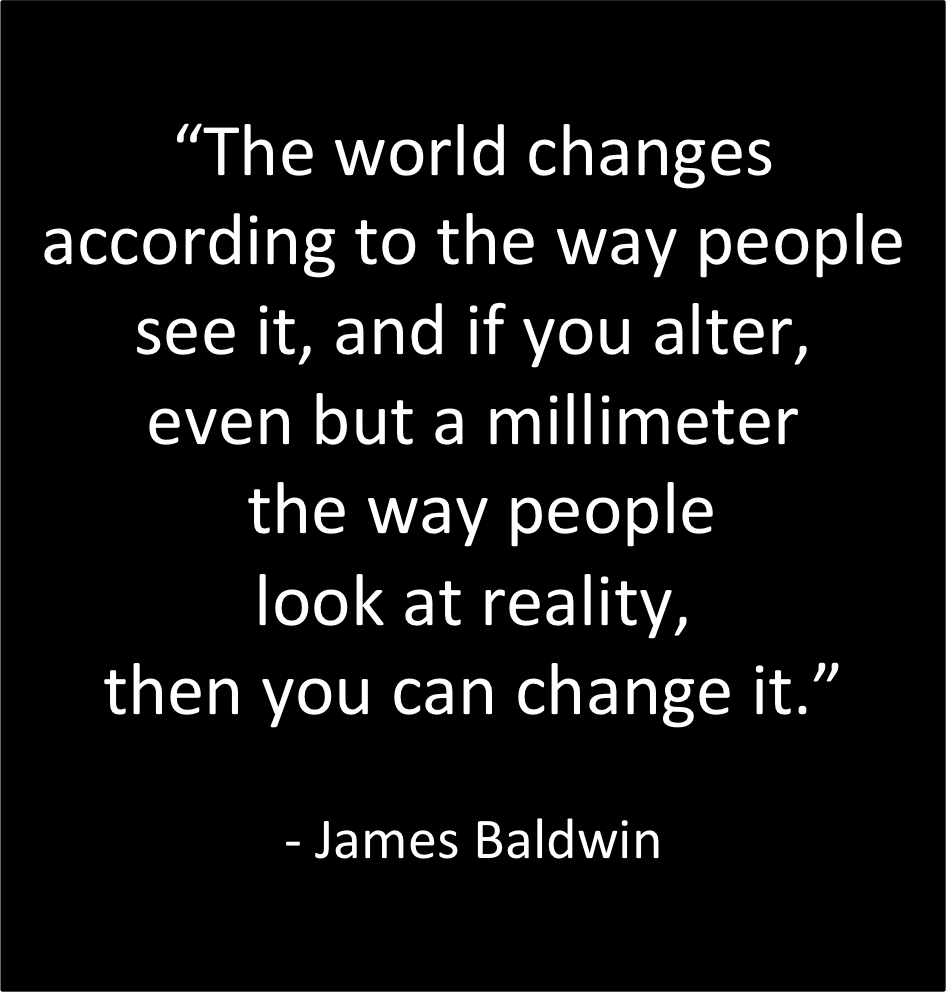 Bullshit Lives (do I sound like a life coach yet?)
Bullshit Lives (do I sound like a life coach yet?)
Sunday, August 6 (10am PST / 1pm EST)
Look, I’ve never been one of the people capable of improving myself sufficiently to reach the utopia of the Successful Internet Creatives. They’re over there talking about how your writing space needs to reflect your mind and all the things that matter to you as a soulful human being while I’m literally writing under a tower of laundry, with only my rage to fuel me.
Them: “Write every day or you’re not a real writer.”
Me: “Behind every man saying ‘write every day’ is a woman making that happen for him.”
And YET, I’ve had a 10+ year writing career and have published a book. Writing has become my whole professional life. Yes, I have a few non-negotiable aspects of my creative life. But soul-appropriate workspace ain’t one.
My writing career has weathered pregnancies, breastfeeding until my baby could lucidly discuss breastfeeding, co-sleeping, four kids at home while my husband worked 7 days a week, jobs, non-jobs, financial problems, depression, death and grief, and a move abroad.
AM I SPECIAL? No. I am a normal fucking person living a normal life in which things happen.
My point: I have always written IN THE MESS (while whining). The mess ain’t leaving. People make a lot of money trying to convince us that as soon as we clean up the mess, (read: Get good like them), we too can publish NYT bestsellers and find joy.
I do not have that silver bullet. I do, however, have a career that started with me on my couch at 11pm writing to nobody and hoping for the best. And then a whole lot of life happening and me sticking with it.
I’ll tell you how I kept going, stayed motivated, got back at it after succumbing to Fuck This Shit I’m Out for a few months. (Which is, despite what John says on NPR, a natural part of the creative life).
Sign up for this workshop:
***
On the workshops as a whole series:
Annie Dillard chose some violence in her fabulous book The Writing Life: “How we spend our days is, of course, how we spend our lives. What we do with this hour, and that one, is what we are doing. A schedule defends from chaos and whim.”
THEREFORE: Let’s schedule 2023, together, and write.
Here’s what you get:
- Monthly workshops for 8 months (20 hours total)
- Feedback on six pieces of writing
- Invitation to my private Facebook community
- Monthly online group writing sessions (2 per month)
- Focus on writing (and redirection if you’ve fled the coop) for 8 months of 2023
- Free workshop on fear & writing
- A savings of €130 if you buy them separately.
Sign up:
Three month payment plan link.
Monthly installment payment link.
If you have any questions or prefer an invoice or subscription link via email, just email me via the contact form below.
If you’d like to complement these workshops with 1:1 work, please email me or contact me via the form above to discuss mentoring packages.
Happy New Year, almost. Let’s do our best to make 2023 a creatively solid one. (to clarify, universe, not “creative” like new wars or viruses, mmmkay? fun creative. like books and shit, or a new show by the woman who wrote Derry Girls. okay thanks.)


